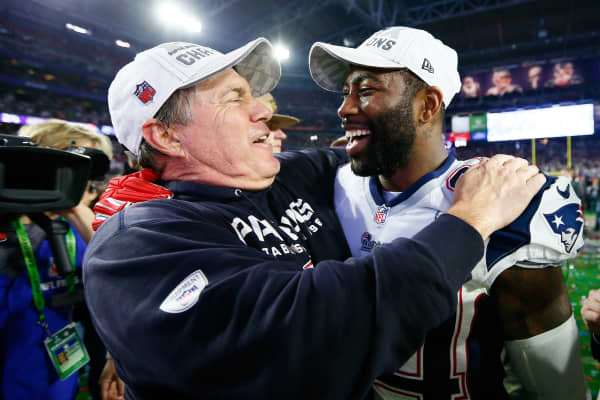 |
| Frederick the Great of Prussia (Germany) mid 1700s |
Frederick the Great was the legendary King of Prussia (Germany) in the mid and late 1700's. He famously declared: "It's not a disgrace to be defeated. It's a disgrace to be surprised."
You have lost an order and you're now analyzing why it was lost. There is absolutely no reason to be dishonest with yourself. Were your sales calls well made, well prepared, and well argued? Honestly? So here are some facts:
1. Buyers rate two-thirds of business to business salespeople as being average or poor
2. Just 18% of salespeople are classified by buyers as trusted advisors whom they respect
3. Only 31% of salespeople can talk effectively with senior executives
4. 54% of salespeople clearly explain how their solution positively impacts a customer’s business
So what's the problem? According to Martin:
5. Buyers sense the salesperson’s agenda to make the sale and can feel pressured ["Transaction Man will do anything for the order"]
6. Salespeople give a canned pitch and don’t listen to buyer requirements
7. Differences in communication style and personality can alienate buyers
8. Salespeople don’t adapt their approach to differing gender perspectives
9. Salespeople want to develop relationships but buyers are too busy
A poorly prepared sales call in which the salesperson can't answer the customer's questions, can't respond the competitive issues, and doesn't know how their product applies to the customer's needs leads to certain defeat. The salesperson has been surprised by poor preparation, has not prepared himself for the battle.
This can be prevented three ways: preparation, preparation, and preparation. Know your product, know your competitors' products and know your customer.
We will be going into great depth on this subject in future posts. There is a lot to be gained from analyzing the lost sale.







